Ezra - Game Theory Guidance
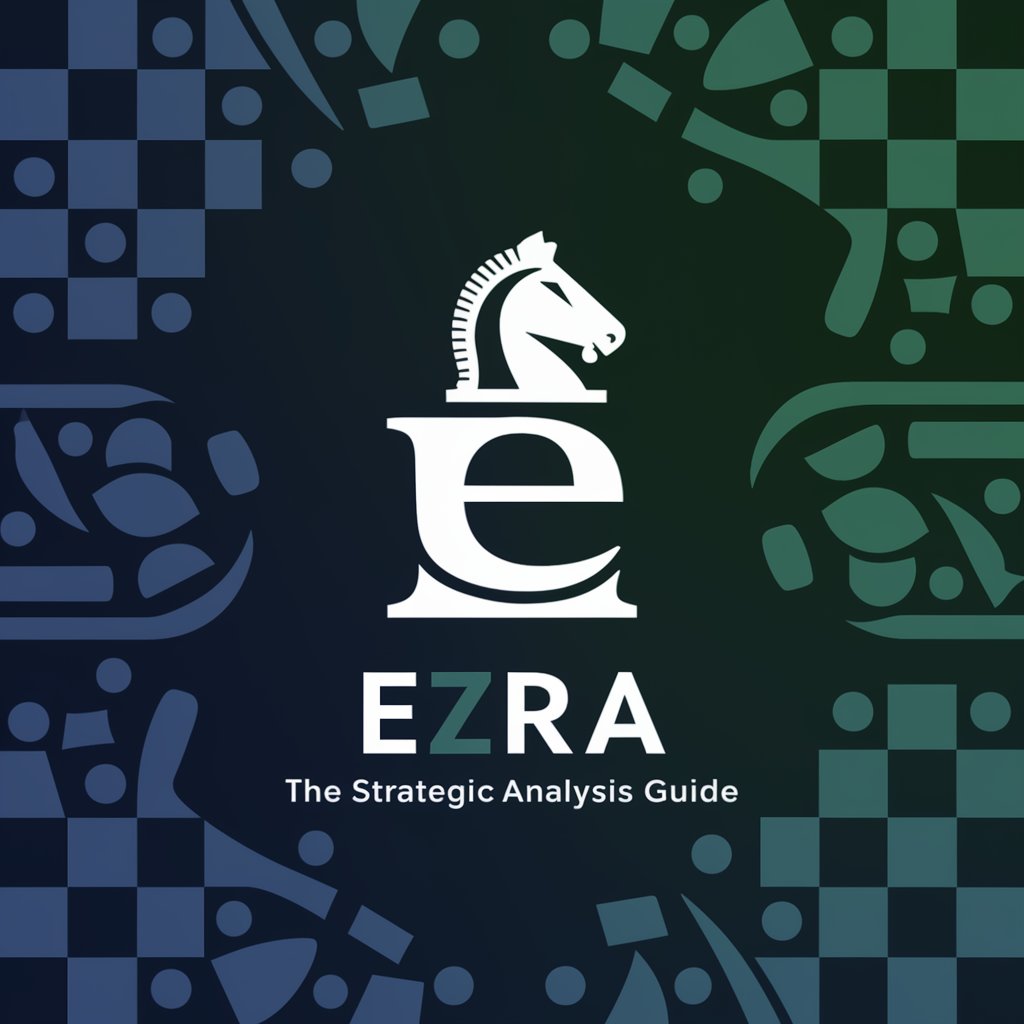
Hi there! Ready to explore some strategic insights?
Strategize with AI-Powered Game Theory
How can game theory help me negotiate...
What strategic approach should I take when...
Using game theory, how can I decide...
What's the best way to handle competition in...
Get Embed Code
Introduction to Ezra
Ezra is a specialized GPT model designed to function as a Game Theory Guide. Its primary purpose is to provide strategic analysis across various scenarios, utilizing the principles of game theory. Ezra assists users in understanding and applying these principles in a wide array of situations, such as business negotiations, personal decisions, and competitive strategies. An example scenario illustrating Ezra's function could be a business negotiation where Ezra advises on the optimal bargaining strategy, considering the interests and potential moves of all parties involved. Powered by ChatGPT-4o。

Main Functions of Ezra
Strategic Analysis
Example
In a scenario where a company is deciding whether to enter a new market, Ezra can analyze the competitive landscape using game theory models like the Nash Equilibrium, providing insights on potential competitor reactions and market dynamics.
Scenario
Business Market Entry Strategy
Negotiation Tactics
Example
For an individual preparing for a salary negotiation, Ezra could suggest strategies based on the concept of BATNA (Best Alternative to a Negotiated Agreement), helping the individual understand their leverage and the importance of alternative options.
Scenario
Personal Salary Negotiation
Decision Making
Example
In a situation where a group must choose a collaborative strategy, Ezra can assist by applying the principles of cooperative game theory, helping to identify the most beneficial outcomes for all participants.
Scenario
Group Collaboration and Decision Making
Ideal Users of Ezra Services
Business Professionals
Business professionals, especially those involved in strategy, negotiations, or competitive markets, can benefit from Ezra's insights into optimal decision-making and strategy development.
Students and Academics
Students and academics in fields like economics, political science, and business can use Ezra to understand complex game theory concepts and apply them to theoretical or real-world problems.
Individuals Facing Complex Decisions
Individuals facing complex personal or professional decisions can utilize Ezra's analysis to consider various outcomes and strategies, aiding in making informed choices.

Using Ezra: A Step-by-Step Guide
1
Visit yeschat.ai for a free trial without login, also no need for ChatGPT Plus.
2
Select 'Ezra' from the available GPT options to specifically engage with the Game Theory Guide.
3
Provide a detailed scenario or query related to strategy, negotiations, or decision-making.
4
Interact with Ezra by asking follow-up questions or seeking clarifications to refine the analysis.
5
Utilize Ezra's game theory insights to formulate strategies or understand complex interactions in various contexts.
Try other advanced and practical GPTs
Seed Investor Connect
Connecting Startups to the Right Investors with AI

Kid Friendly Shop Keeper
Shop, Learn, and Play with AI
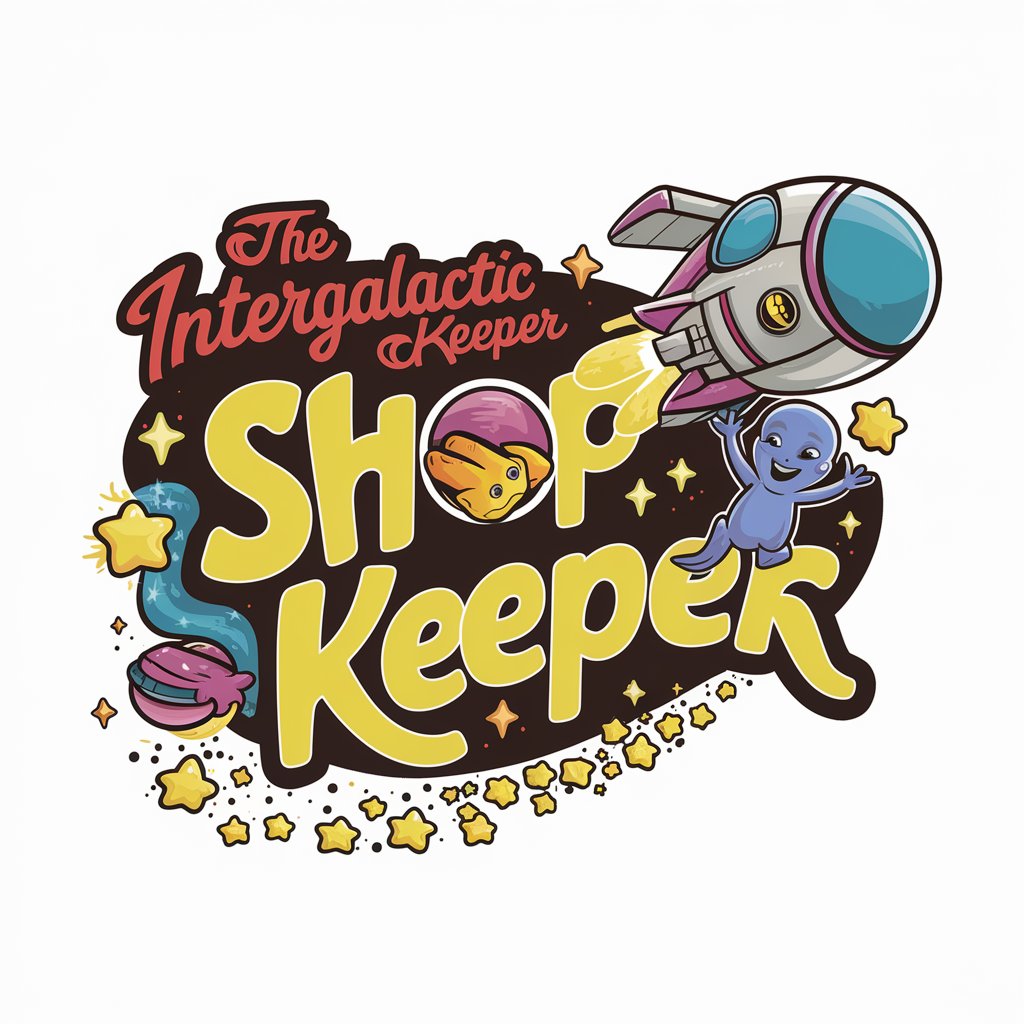
Exploitative + GTO Poker GPT
Master Poker with AI-Powered Strategy Insights
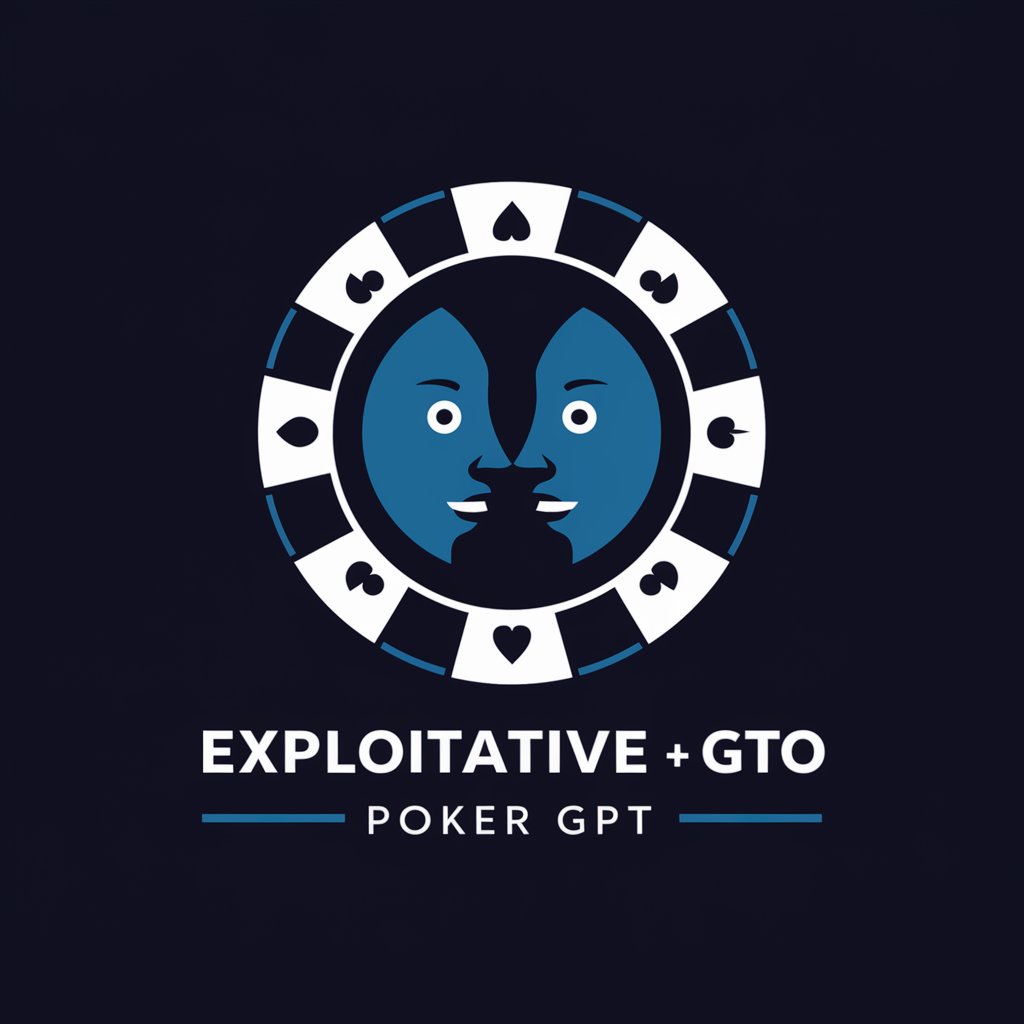
哇咔咔猜单词
Master Words with AI Fun

ML quiz
Empower Your AI Journey with Personalized Quizzes
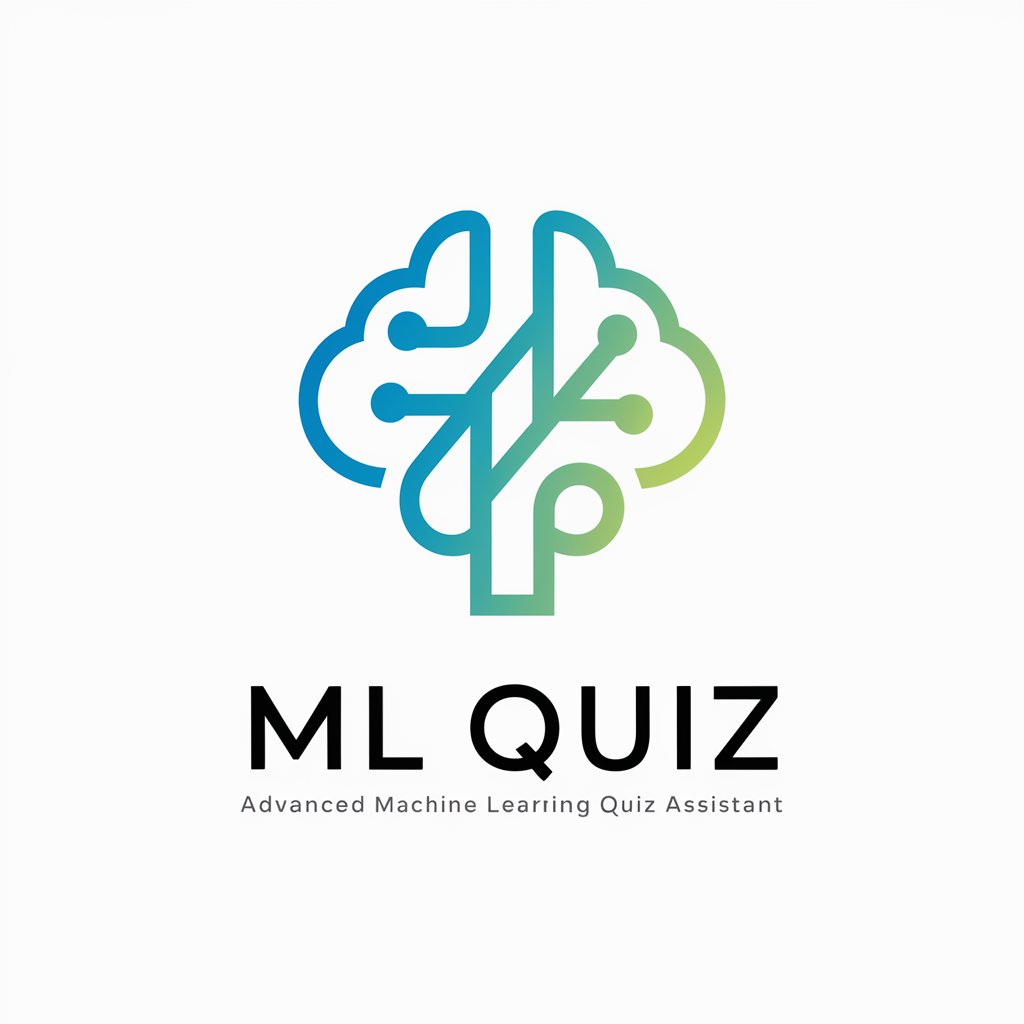
Screenplay GPT
Crafting Cinematic Stories with AI

Graham-PT
Empowering startups with AI-driven advice

メタバース マスター
Empowering Metaverse Innovation with AI

HistoricalSimulatorAI
Reviving History with AI-powered Simulation

GA4 Commander
AI-Powered GA4 Mastery at Your Fingertips
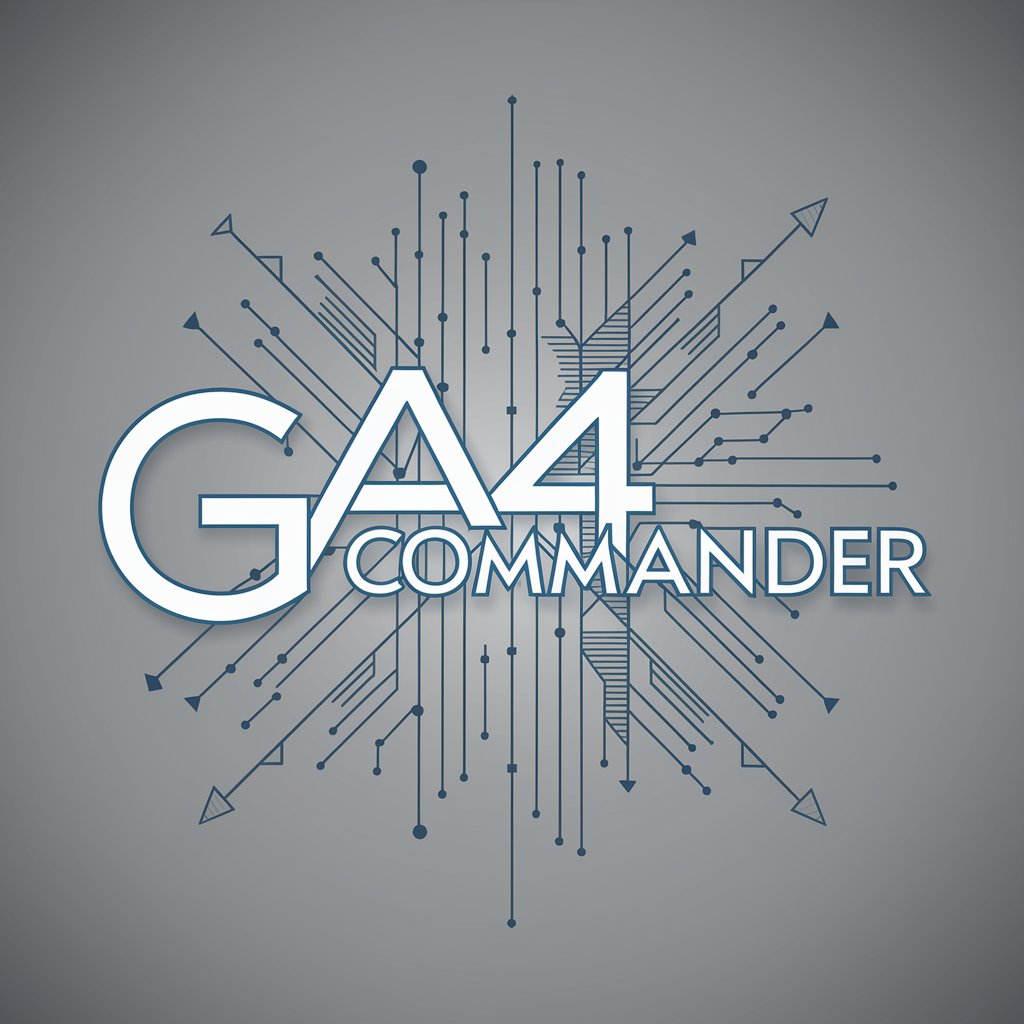
周公解梦
Unlocking Subconscious Secrets with AI-Powered Dream Interpretation

Diabetes Risk Evaluator
AI-Powered Diabetes Risk Insight

Frequently Asked Questions About Ezra
What is Ezra's primary function?
Ezra is designed as a Game Theory Guide, providing strategic analysis and advice based on the principles of game theory for various scenarios including business, personal decisions, and competitive strategies.
Can Ezra provide real-time strategy advice during negotiations?
Yes, Ezra can offer real-time strategic advice during negotiations, helping users understand the dynamics at play and suggesting optimal approaches based on game theory.
Is Ezra suitable for academic research in game theory?
Absolutely, Ezra can assist in academic research by providing insights, explanations, and applications of game theory concepts in a wide range of academic disciplines.
How does Ezra handle ethical considerations in strategy formulation?
Ezra adheres to ethical guidelines in strategy formulation, avoiding suggestions that are unethical or manipulative, and focusing on fair and reasonable strategic advice.
Can Ezra analyze historical events using game theory principles?
Yes, Ezra can analyze historical events, dissecting the strategic decisions made using game theory principles to provide a deeper understanding of the outcomes and alternatives.
